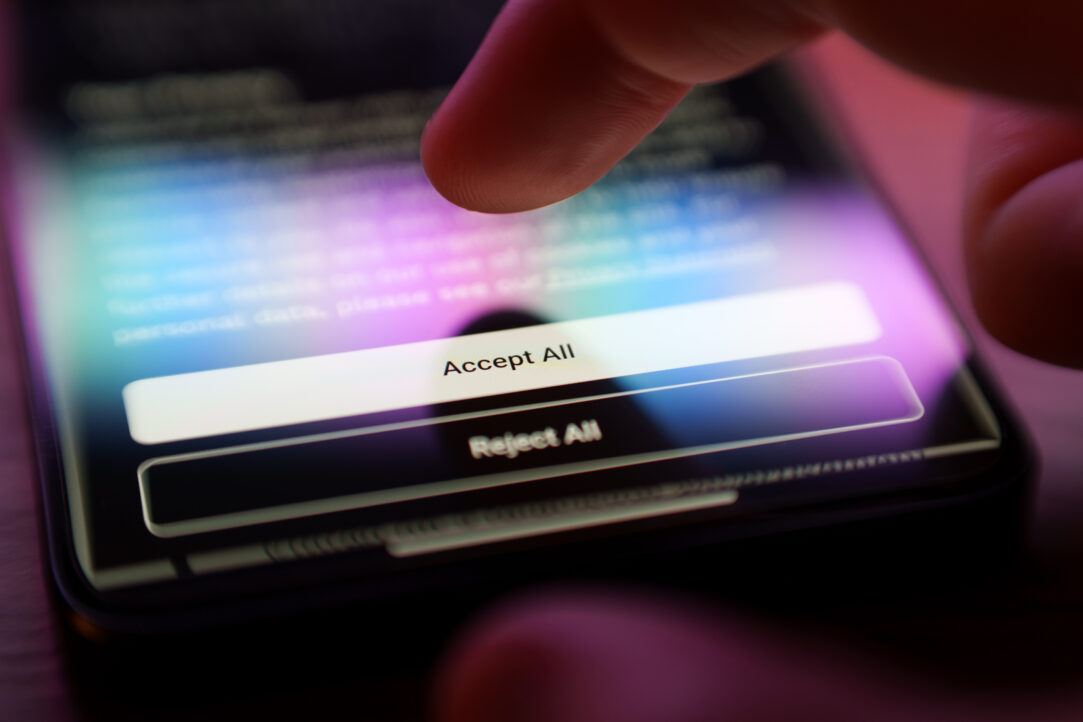- 24 Oct 2024
- •
- 2 min read
Exploring Ambush Marketing: Is Your Brand Ready for Bronze, Silver, or Gold?

In the world of marketing, creativity and timing can make all the difference, especially when it comes to high-profile events. While official sponsorships often dominate the spotlight, some brands find alternative ways to join the conversation without paying hefty sponsorship fees. Enter ambush marketing, a strategy that allows businesses to gain visibility by cleverly associating their products with major events, even without being an official sponsor. But how does it work, and is it worth the risk?
What is Ambush Marketing?
Ambush marketing or ambush advertising is a marketing strategy in which an advertiser “ambushes” an event to associate and promote its own products and services with an event that already has official sponsors. Ambush marketing can be a powerful, strategic tool for businesses to employ to capture the public’s attention and imagination, benefiting from the goodwill in that event without paying a rights fee.
Types and examples of Ambush Marketing
Ambush marketing comes in various forms, from ‘ ‘venue-related’ tactics like prominent product placement near an event, to ‘non-venue related’ campaigns that subtly or explicitly reference to the event. Some creative examples over the years include:
- Specsavers revealing a cleverly adapted rebadge of its well-known slogan ‘Should’ve gone to Specsavers’ into the languages of nations participating in the 2024 Euros.
- Not On The High Street launching a “totally coincidental pink Friday sale” on the release date of the Barbie movie in July 2024.
- Disguised female fans simultaneously revealing bright orange mini dresses, allegedly associated with Bavaria Brewery during the FIFA 2010 World Cup.
- Paddy Power mocking the strict London 2012 Olympic branding rules with a billboard campaign for an egg and spoon race, not the actual event.
Understanding the rules
While ambush marketing can offer great brand exposure, the ramifications of missteps can be severe (legally, financially and reputationally). Further, it can potentially negatively impact upon the event and official sponsors, severely diminishing the value of the rights fee if some other business, in the same product or service category, takes the limelight, putting future events and sponsorship in jeopardy. Businesses should therefore proceed with caution and proactively address any potential risks from the outset.
While the UK lacks specific laws addressing ambush marketing, businesses must be vigilant of possible IP infringement (e.g. passing off or trade mark infringement) or unfair competition and/or of breaching the UK’s Trading Standards and Advertising Codes. Understanding these, as well as any event specific restrictions, is crucial to avoid undesirable implications. For instance, the organisers of the Tokyo Olympics issued detailed guidance on the use of intellectual property and ambush marketing during the Games, which advised businesses to refrain from using terms or related logos like: “Tokyo 2020”, “2020 Sports Festival”, “Go for the gold”, “London, Rio, and then Tokyo” and “Countdown to 2020” in relation to their own brands or products. Similarly, tickets terms can limit ambush marketing, as they can cover aspects like no displays of commercial merchandise, so it is always sensible to check these too.
Key takeaways
When done thoughtfully and within legal parameters, ambush marketing can be hugely beneficial for businesses, increasing brand visibility at a significantly reduced cost, whilst safeguarding their interests and reputation. However, it is a risky strategy that certainly requires confidence in the outcome.
If you would like more information about ambush marketing or intellectual property, contact us on 0800 2800 421 or get in touch here.





